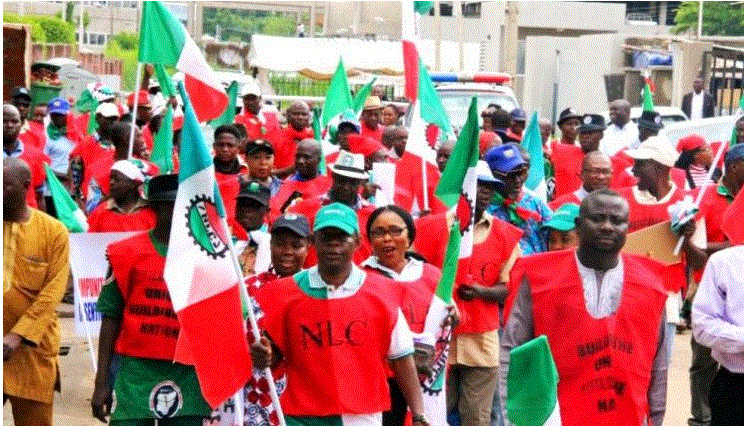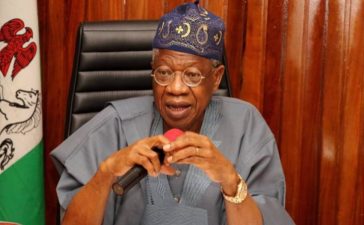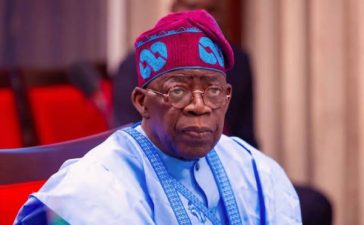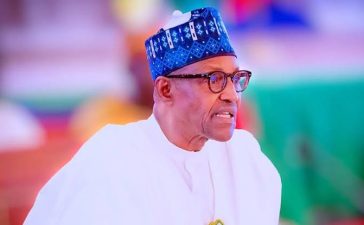As Nigerian workers celebrated International Labour Day on May 1st, 2024, they found themselves amidst a challenging landscape marked by petrol scarcity and mounting calls for a new minimum wage. This year’s observance, the first under President Bola Tinubu, highlighted the pressing issues facing the nation’s workforce.

President Tinubu’s tenure has been characterized by significant reforms, including the removal of petrol subsidies and the unification of foreign exchange windows.
However, these decisions have drawn criticism from labor unions such as the Nigeria Labour Congress (NLC) and the Trade Union Congress (TUC), leading to widespread protests against the resultant surge in living costs.
Fuel scarcity has added to the woes of Nigerians, with long queues at filling stations persisting despite assurances from the Nigerian National Petroleum Company (NNPC).
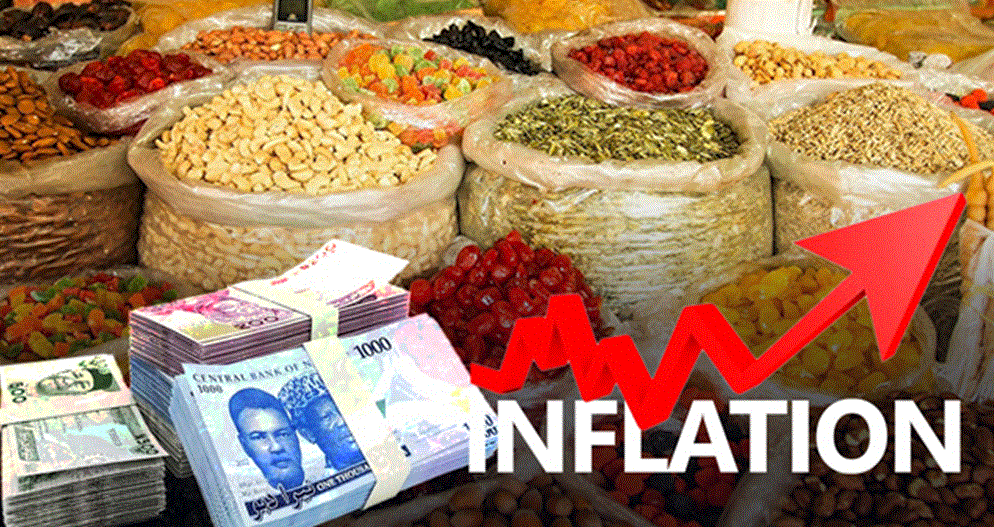
This scarcity has not only disrupted economic activities but has also fueled black market sales, exacerbating the financial burden on citizens.
Meanwhile, the National Bureau of Statistics (NBS) reported a marginal decline in food inflation, but many Nigerians feel the relief has not translated into lower prices for essential commodities. Coupled with a high inflation rate and interest rates, the economic strain on citizens remains palpable.
Labour unions have intensified calls for a new minimum wage, citing the inability of the current N30,000 wage to meet the needs of workers in light of inflationary pressures.
Despite the formation of a Tripartite Committee on National Minimum Wage, the government has yet to implement its recommendations, leaving many workers disillusioned.
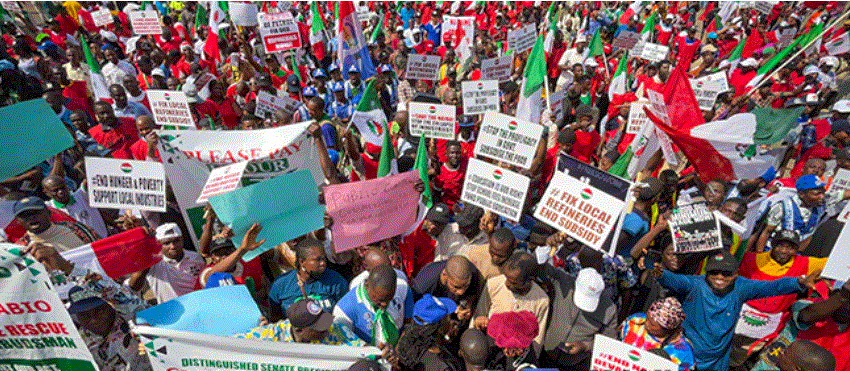
In response to the wage demands, the Federal Government recently approved salary increases for civil servants on various salary structures, aiming to alleviate financial burdens. However, not all state governors have adhered to the current minimum wage, further highlighting the disparity in wage payment across the country.
As Nigerian workers navigate these challenges, the clamor for improved working conditions and a higher minimum wage remains a focal point of national discourse, underscoring the enduring resilience and determination of the nation’s workforce.

